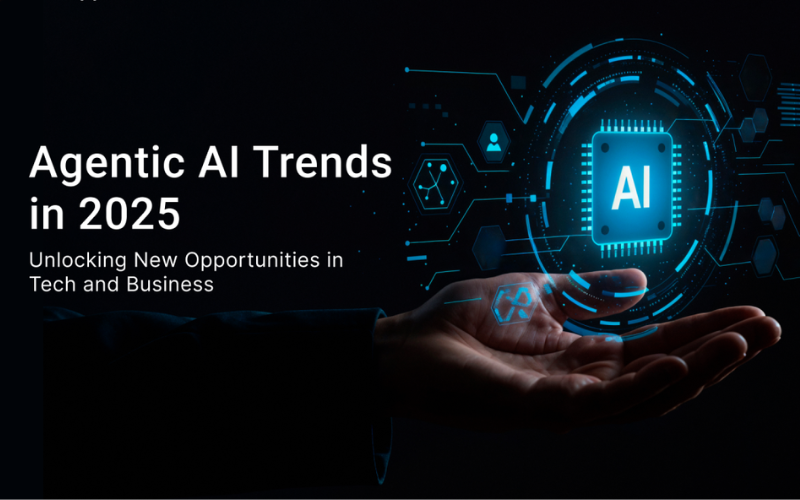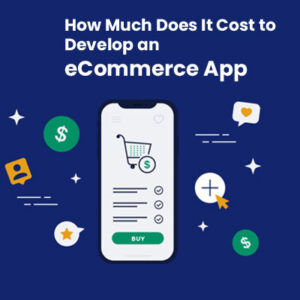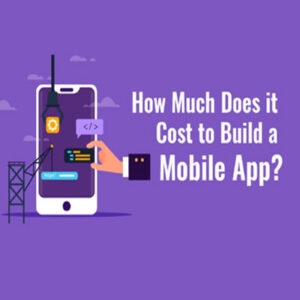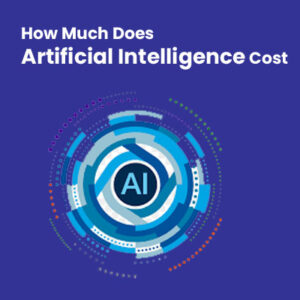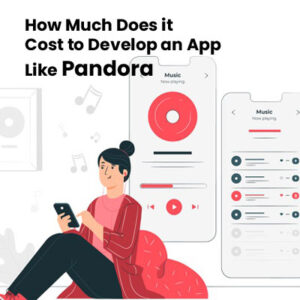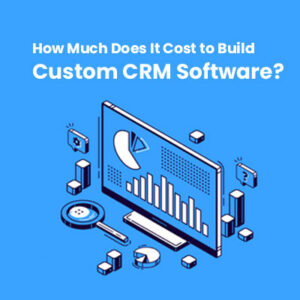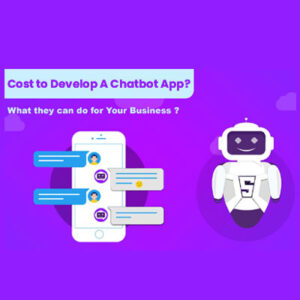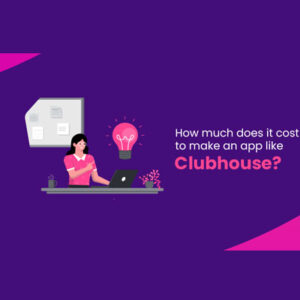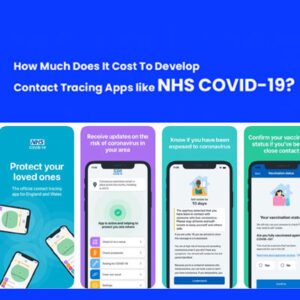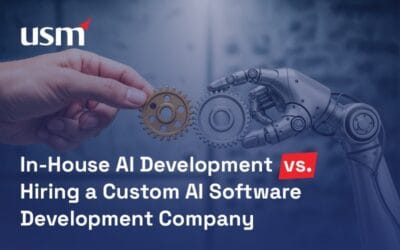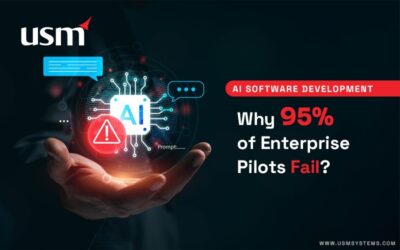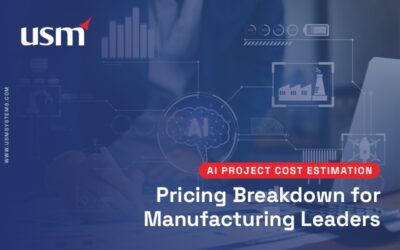Agentic AI Trends in 2025: Trends, Forecasts, and a Practical Enterprise Playbook
Agentic AI Trends in 2025: Trends, Forecasts, and a Practical Enterprise Playbook
Executive Summary: 2025 in 90 Seconds
- Market acceleration: Agentic AI market projected to grow from $7.06B (2025) to $93.2B (2032) at 44.6% CAGR – a signal to budget and hire against a fast-forming category. MarketsandMarkets
- Already mainstream: 79% of US execs say their companies are adopting AI agents; 88% plan to increase AI budgets in the next 12 months. PwC
- Impact gap = “gen AI paradox”: Broad use, limited earnings impact – agents can break the stalemate by moving from horizontal copilots to vertical, outcome-tied workflows. McKinsey & Company+1
- Failure risk is real: >40% of agentic projects will be canceled by 2027 without clear value, guardrails, and change management. Reuters
- Software is going agentic: 33% of enterprise apps will embed agentic AI by 2028 (from <1% in 2024) – procurement criteria must evolve now. Gartner
- ROI expectations are aggressive: 62% of leaders expect >100% ROI from agentic AI—track it with hard KPIs, not anecdotes. PagerDuty+1
Now what: Prioritize 2–3 vertical, end-to-end workflows (not tools), design for governance + human-in-the-loop, and set scale gates tied to measurable KPIs.
At-a-Glance: The Numbers That Matter
| Metric | Benchmark / Forecast | Why it matters? |
| Market growth (CAGR) | 44.6% (2025–2032) | Competitive urgency – budget, hiring, partner strategy must match category velocity. MarketsandMarkets |
| Enterprise adoption | 79% adopting AI agents (US, 2025) | Parity pressure – “wait & see” is now a risk posture. PwC |
| Budget trend | 88% plan to increase AI budgets due to agentic AI | Expect reallocation from pilots to orchestrated, multi-agent workflows. PwC |
| ROI outlook | 62% expect >100% ROI (2025 surveys) | Set objective ROI baselines and audit mechanisms. PagerDuty+1 |
| Cancellation risk | >40% of projects canceled by 2027 | Invest in value cases + controls to avoid waste. Reuters |
| App embedding | 33% of enterprise apps include agentic AI by 2028 | Update software selection criteria now. Gartner |
| Operating model shift | 50% say their model will be unrecognizable in 2 years, but only 42% are redesigning processes | Close the strategy-execution gap. PwC |
Why the Gen-AI Paradox Persists – and How Agentic AI Breaks It?
Generative AI copilots created broad productivity lifts, yet many firms saw limited earnings impact. McKinsey frames this as the “gen AI paradox”: horizontal tools scale, but value is diffuse; vertical agents – embedded in specific processes with real system access – unlock measurable outcomes. McKinsey & Company+1
What leaders should do?
- Rebalance the portfolio toward 2–3 vertical workflows with P&L-visible KPIs (OTIF, OEE, DSO).
- Define agent authority (what it can read, write, trigger) and guardrails before pilot.
- Tie success to cycle time, throughput, quality, not “usage.” (See ROI section below.)
Forecasts That Actually Help You Plan
1) Market Growth (44.6% CAGR): Staff and Budget Like It’s Real
So what: The category’s trajectory to $93.2B by 2032 means a scramble for scarce skills – workflow design, orchestration, evaluation, and governance. MarketsandMarkets
Now what:
- Lock a specialist integrator with agent network experience; upskill internal process owners.
- Build a 12-month skills plan (prompting → toolsmithing → orchestrator → evaluator).
2) Adoption Is Here (79%): Compete on Depth, Not First Use
So what: Adoption ≠ transformation. PwC finds high usage and rising budgets – but fewer firms are redesigning how work gets done. PwC
Now what:
- Move beyond embedded features to cross-app, multi-agent workflows with SLAs.
- Publish an agent RACI (who approves, overrides, audits).
3) Budgets Are Rising: Reallocate to Orchestrated Workflows
So what: 88% plan to increase AI budgets due to agentic AI, but winners shift spend from point copilots to orchestrated, end-to-end agents. PwC
Complement with directional analyst views (IDC: agentic to capture a material share of IT spend over next 5 years). Digit
Now what:
- Target a 60/40 split: 60% scale proven workflows, 40% new bets with strict scale gates.
- Add “agentic readiness” to procurement (APIs, events, RAG, policy hooks).
4) ROI Expectations Are Bold (62% >100% ROI): Measure Like Finance
So what: Multiple 2025 surveys report >100% expected ROI; expectations are high, scrutiny will follow. PagerDuty+1
Now what:
- Build an ROI tree: lead time ↓, FPY ↑, OTIF ↑, working capital ↓.
- Instrument workflows from day one (baseline → pilot → scale), and run finance-grade post-hoc.
5) Failure Risk (>40% Canceled by 2027): Governance Is the Gate
So what: Gartner/Reuters warn of cancellations from cost creep, unclear value, poor data. Reuters
Now what:
- Mandate objective value hypotheses, model/agent governance, and change management.
- Add a kill switch and escalation path to every agent. (See Risk section.)
6) Software Is Going Agentic (33% by 2028): Update Buying Criteria
So what: A third of enterprise apps will ship with agentic capabilities by 2028 – your stack will change even if you do nothing. Gartner
Now what:
- Require vendors to expose event streams, action APIs, and policy/guardrail interfaces.
- Budget for integration + observability, not just seats.
Three Fast-Path Use Cases
Manufacturing: Autonomous Materials Expediter
- Before: Planners chase shortages across ERP/MES/SCM; expedites and changeovers spike.
- Agentic workflow: Multi-agent loop senses demand, checks ATP, simulates plans, issues POs, and books slots – with human approval on exceptions.
- KPI focus: Cycle time↓, expedites↓, OEE↑, OTIF↑.
Why now: McKinsey highlights supply-chain orchestration as a prime agentic target when tied to core data and business logic. McKinsey & Company
Logistics: Dock & Yard Orchestrator
- Before: Manual scheduling, fragmented updates, penalties for dwell time.
- Agentic workflow: Agents coordinate carriers, gates, and labor; re-optimize to weather/traffic events.
- KPI focus: Dwell time↓, truck turns↑, penalties↓.
Risk to manage: Data freshness and accuracy are critical to prevent cascade errors. TechRadar
Field Service: Proactive Dispatch & Parts Automation
- Before: Reactive tickets, first-time fix low, truck rolls high.
- Agentic workflow: Agents triage telemetry, order parts, schedule techs, and pre-write job notes.
- KPI focus: FTF↑, MTTR↓, truck rolls↓, NPS↑.
Market signal: Enterprises are already reporting productivity gains from agent features; focus on cross-workflow orchestration to move beyond local wins. PwC
90-Day Enterprise Playbook – From Pilot to Scale
Days 0–30: Discovery & Design
- Pick 2–3 vertical workflows with CFO-visible outcomes; define authority & guardrails.
- Map data lineage; create observability plan (logs, traces, decisions).
- Deliverables: Value hypothesis, RACI, risk register, baseline metrics.
Days 31–60: Pilot & Evidence
- Stand up multi-agent MVP in a lower-risk segment; enable human-in-the-loop.
- Track delta vs. baseline; run A/B or pre/post with finance sign-off.
- Scale gate: ≥15–30% improvement on primary KPI or stop/iterate.
Days 61–90: Scale-Ready
- Harden security, data quality checks, and audit trails; expand to new geos/SKUs.
- Update operating model (roles, incentives); train supervisors on exception handling.
- Executive readout: Evidence, risks, 12-month roadmap, and budget.
(Why this structure: it directly addresses common failure modes Gartner cites—cost, unclear value, and weak controls.) Reuters
Risk, Compliance, and Change Management (Make It Boring – in a Good Way)
- Data quality is destiny for autonomous agents; invest in docs/OCR cleanup and master data governance before scale. TechRadar
- Responsible agent design: set allow/deny action lists, rate limits, segregation of duties, and human approvals for high-impact steps. Guidance from McKinsey emphasizes agent-specific governance mechanisms. McKinsey & Company
- Trust and transparency: log agent reasoning artifacts and decisions; enable replay for audit and root-cause.
- People change: PwC finds the barrier is mindset and operating-model redesign—not tech. Address workforce adoption explicitly. PwC
What Success Looks Like (Q1–Q4)
- Quarter 1: First vertical workflow in production with auditable ROI and exception playbooks.
- Quarter 2: Add cross-app orchestration; reduce manual handoffs ≥20%.
- Quarter 3: Second/third workflow online; integrate into procurement criteria for all new software buys (agentic readiness). Gartner
- Quarter 4: Operating-model updates and continuous improvement cadence; portfolio rebalanced toward scale vs. pilots (budgets reflect this). PwC
USM’s Point of View – and How We Help
Horizontal copilots rarely change the operating model. USM – mobile app development company, designs agent networks around constraint-driven processes (manufacturing, supply chain, field service), instrumented with finance-grade KPIs and agent-specific governance. That’s how you exit the gen-AI paradox and enter measurable transformation. For background on why vertical agents matter, see McKinsey’s 2025 analysis. McKinsey & Company
Download: 2025 Agentic AI Planning Checklist (value hypotheses, RACI, scale gates).
See it: 20-minute demo—Agentic AI for Manufacturing Workflows.
Decide: 45-minute roadmap session (baseline → pilot plan → ROI model).
References
- McKinsey & Company, “Seizing the agentic AI advantage” (June 13, 2025). Article + PDF. McKinsey & Company+2McKinsey & Company+2
- MarketsandMarkets, “Agentic AI Market worth $93.20 billion by 2032 (CAGR 44.6%)” (June 25, 2025). MarketsandMarkets+1
- PwC, “PwC’s AI Agent Survey” (May 2025). Key stats: 79% adoption, 88% plan to increase AI budgets, 50% say operating model unrecognizable in two years, 42% redesigning processes. PwC
- PagerDuty (Wakefield Research), “Agentic AI Survey 2025”—62% expect >100% ROI; newsroom summary and resource page (Apr 2, 2025; updated 2025). PagerDuty+1
- Reuters (summarizing Gartner), “Over 40% of agentic AI projects will be scrapped by 2027” (June 25, 2025). Reuters
- Gartner, “Intelligent Agents in AI: By 2028, 33% of enterprise apps will include agentic AI (from <1% in 2024)” (Oct 1, 2024). Gartner
- TechRadar Pro, “Garbage in, Agentic out: why data and document quality is critical to autonomous AI’s success” (Oct 1, 2025) – includes Gartner failure-risk note and PwC adoption/budget signals. TechRadar
